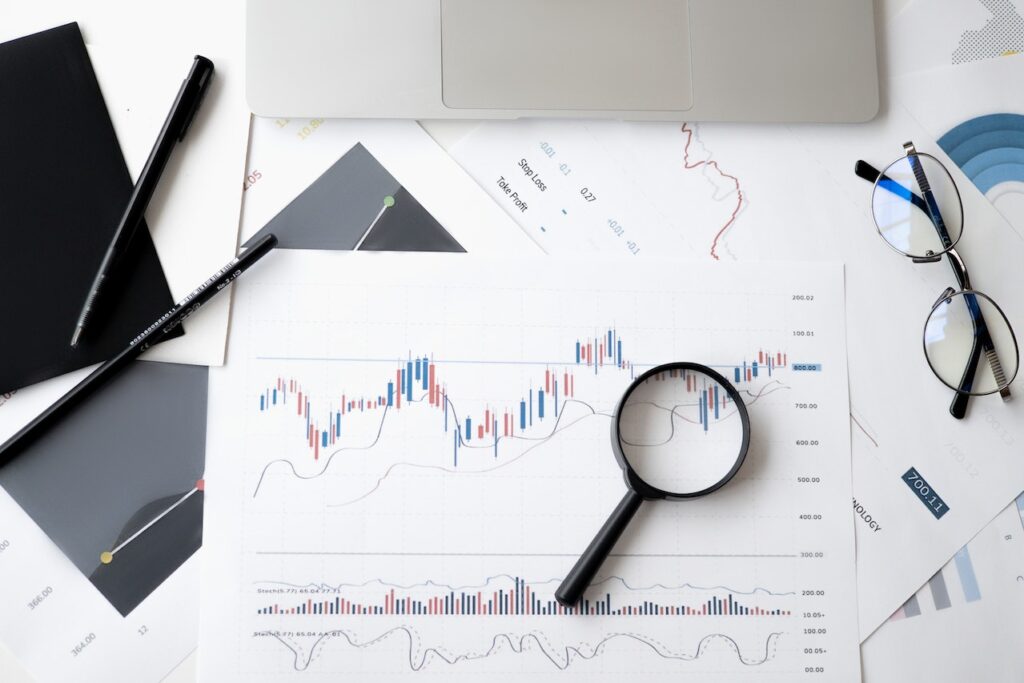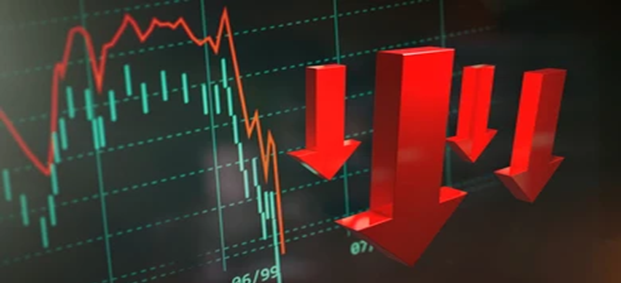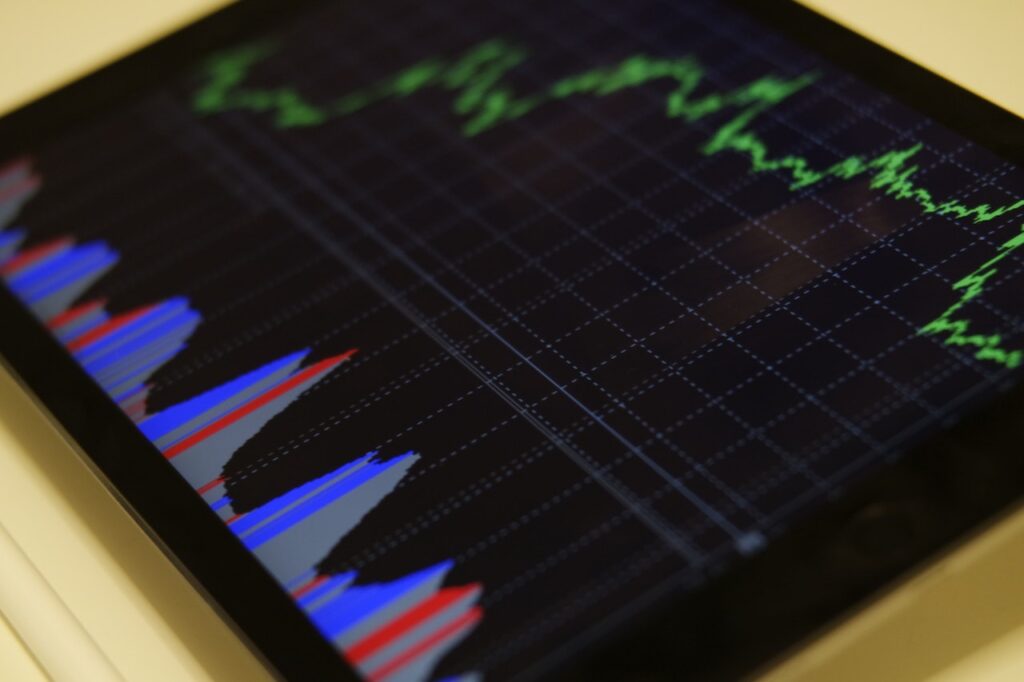The 4X trading platform uses color psychology to complement its minimalist site design. Just like Facebook, the platform’s color scheme is meant to help traders concentrate and make better trading decisions. Compared to other on-line apps that are meant to hurl the user’s brain into a frenzy, the 4X platform uses colors that calm the user’s mind, and promote focus.
Forex trading
While forex and 4x trading are both methods of buying and selling currency, they are not the same. In forex trading, you buy or sell one currency against another and then wait for it to increase in value. In forex, the price of each currency is usually measured in “lots”. There are four common lot sizes: standard, micro, mini-, and nano-. The standard lot size of a currency is 100,000 units. Some brokers offer the possibility to trade in smaller lots.
As with Forex trading, 4x trading has its own set of risks. For one, AML is a major concern, because 4x trading involves multiple currencies, multiple companies, and money that can be stolen or misused. There is an opportunity for criminals to profit from the market, and the regulations for 4x trading have increased significantly in the last decade. Because of this, it is important for the industry to be aware of the risks associated with AML/CTF.
Over-the-counter market
In the OTC market, over-the-counter trading occurs with a derivative of an underlying asset. Unlike a traditional market, the value of an OTC derivative does not depend on the owner of the underlying asset. However, the owner can take physical delivery of the underlying asset when the contract expires. Other types of OTC derivatives include swaps and forwards.
Some OTC markets have interdealer brokers, who broadcast quotes and prices through telephone. These brokers also maintain electronic bulletin boards that contain execution prices and bids. Dealers trade through these bulletin boards and sometimes trade directly through a screen.
Leverage
Leverage allows investors to access higher amounts of capital. It is especially useful in the forex market, where prices often move by a small percentage. This leverage can turn a modest gain into a big profit. However, it is essential to consider the risks associated with using leverage. Many top traders use stops to limit their losses. In addition, they keep a positive risk-to-reward ratio.
High leverage is not advisable for beginners because it can lead to huge losses. New traders often make the mistake of believing that they can quickly recover from losses with high leverage. In reality, it takes more profit to compensate for a large loss.
Regulations
Despite the proliferation of online trading platforms, the regulatory environment remains fragmented. While the forex industry is governed on a global level, regulatory agencies in individual countries act independently. Brokers apply for local regulation in their home countries, and some organizations have taken an active role in regulating retail forex trading. For instance, in Japan, the Financial Services Authority is a regulatory body for all markets and retail foreign exchange, and has taken steps to curb the level of leverage that retail forex traders can use.
MiFID regulation provides some protection for traders, but it is not comprehensive. Among other things, it stipulates that a broker must pay back investor deposits if their clients lose money. It also lists minimum capital requirements for brokers, and requires them to separate client funds from operator funds.








Facebook Comments